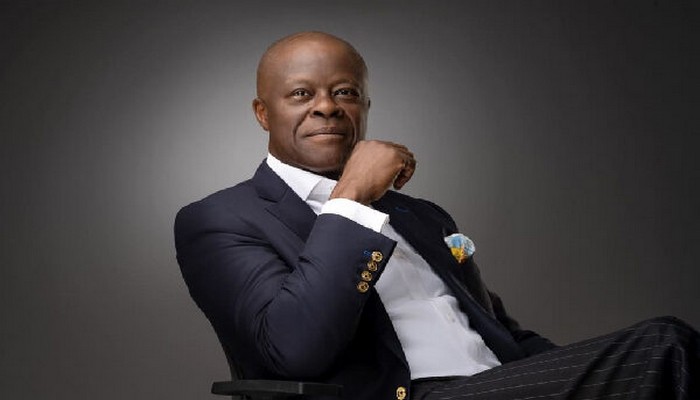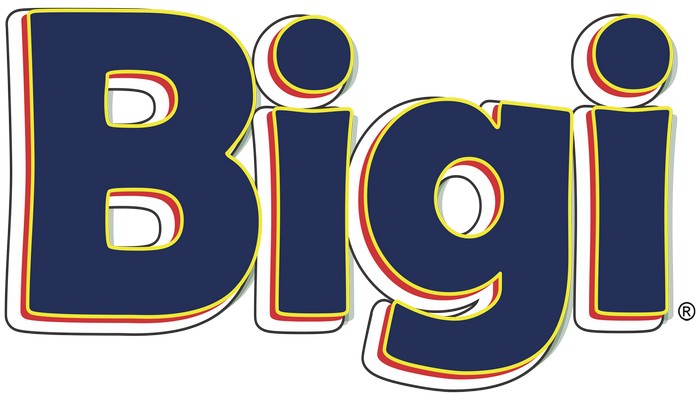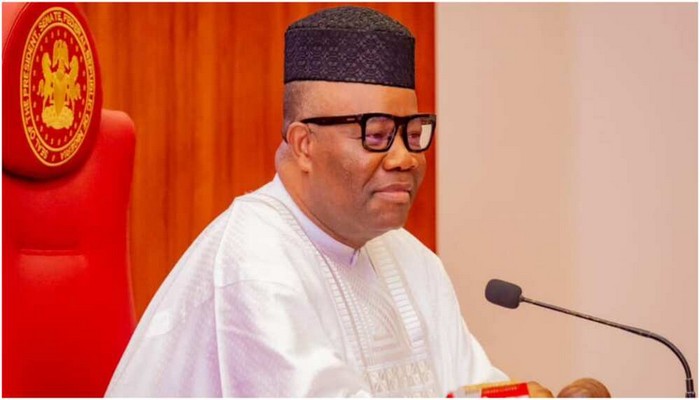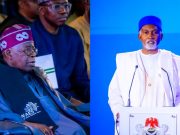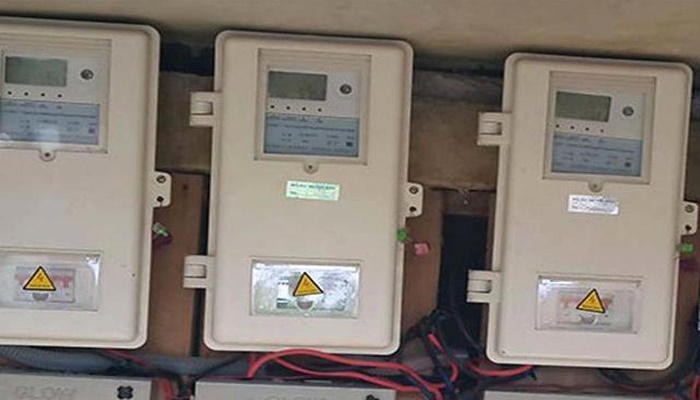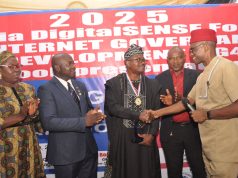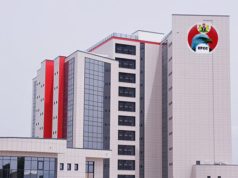The Federal Government initiated the bidding process yesterday for the second phase of the National Mass Metering Program (NMMP).
This phase is set to receive funding from a $500 million loan provided by the World Bank.
The event held in Abuja saw the participation of 47 firms, including both local and international companies, as they submitted their bids for the procurement of 1.25 million electricity metering devices.
This marks one of the largest single-phase initiatives in the country’s history.
In addition, Olu Verheijen, the Special Adviser to the President on Energy, emphasized that this project showcases the Federal Government’s dedication to eliminating estimated electricity billing nationwide, in favour of cost-reflective tariffs.
The Federal Government reiterated its commitment to ensuring the provision of reliable and greener electricity for the Nigerian population and businesses.
According to her, “The Federal Government of Nigeria is committed to delivering reliable and cleaner electricity to Nigerian people and businesses. We are embarking on reforms that will improve the performance of Distribution Companies (Discos) as we continue our trajectory to cost-reflective tariffs.
“In the first step to fulfilling our campaign promise to end estimated billing, we are launching phase two of the ambitious national mass metering programme. The phase involves procuring 1.2 million pre-paid meters, with the procurement process set to begin this month.”
With over seven million consumers yet to be metered, the Federal Government’s mass metering programme, designed to close the gap, had met a deadlock after its first phase was marred by controversies and allegations of corruption.
It would be recalled that the Manufacturers Association of Nigeria (MAN) had warned that the World Bank-funded $500 million metering program will displace local Nigerian meter and also negates CBN stipulations.
The Director General of MAN, Segun Ajayi-Kadir, also accused the Transmission Company of Nigeria (TCN) of skewing the financial requirements and technical specifications against local manufacturers.
He further stated that the requirements negate CBN guidelines and portend grave danger for the power sector.
“The seeming intentional denial of the local manufacturers does not take into cognizance their sterling performance where they deployed and installed 611,231 energy meters across the country between 2019 and 2021.
“They also did the same for one million energy meters across the country under phase zero of the National Mass Metering Programme (NMMP).
“It should be recalled that our members have been denied the opportunity to fully execute the contract for the supply and installation of 4 million energy meters under Phase 1 of the NMMP scheme.
“This was due to the unrealistic terms that arbitrarily fixed the contract prices far below the approved regulatory prices of energy meters in the country.”
Speaking at the forum, TCN’s Assistant General Manager responsible for World Bank Projects, Tukur Bamali, highlighted that the reform would lead to enhanced performance among distribution companies (DisCos).
According to him, the World Bank is offering more than $500 million in funding. Out of this total, $150 million is allocated for metering across eleven distribution companies, while the remaining $350 million is designated to be provided directly to DisCos to improve power supply.
The metering project, Bamali noted, is slated to take about 18 months post the completion of the bidding process and the signing of contracts with suppliers. It’s anticipated to be completed in early 2025.
He revealed that the first phase of the project remains on schedule with four million meters in progress, despite ongoing discussions with the Central Bank of Nigeria (CBN) to secure the necessary N200 billion funding.


